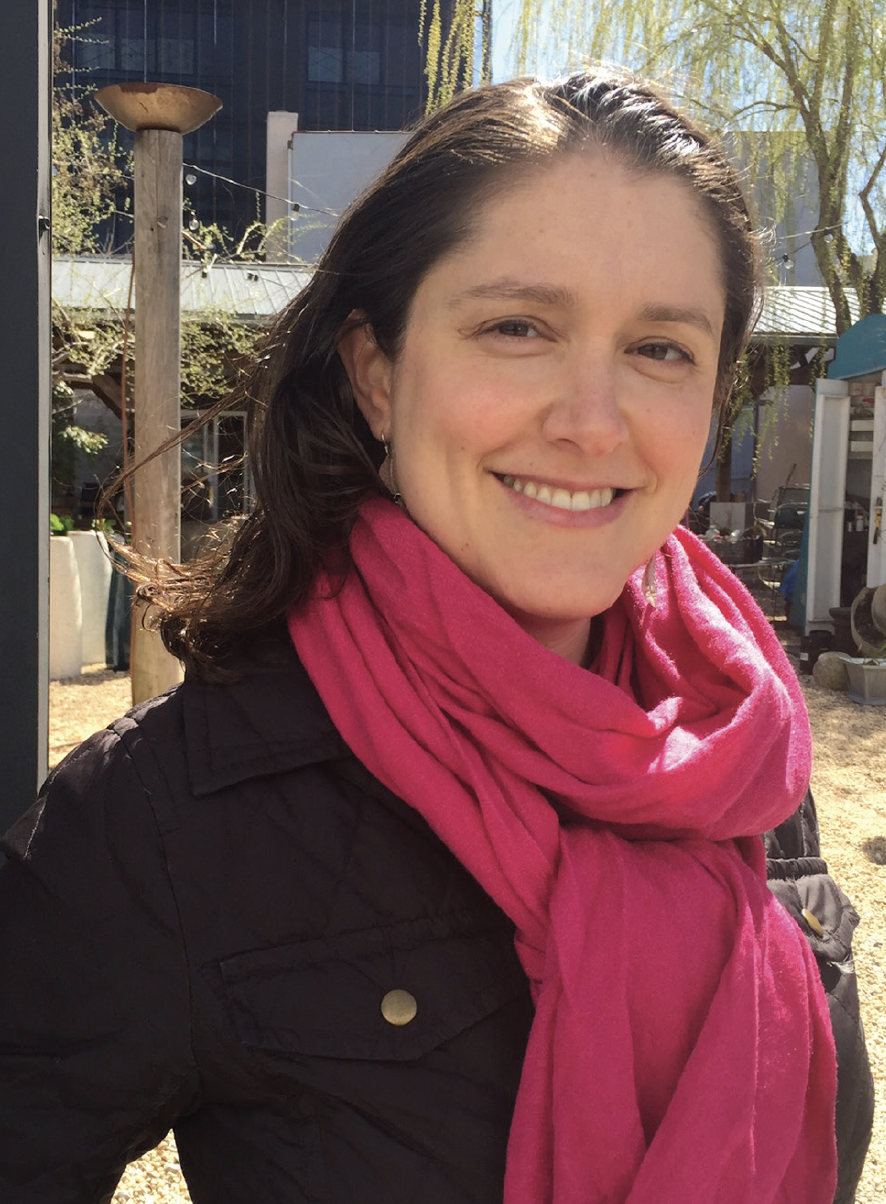
Erika Frankel, C'00
Q: You majored in anthropology at Penn. Was your intent to be a visual anthropologist?
In high school, I saw a film about Jane Goodall and wanted to do what she was doing, which was immersing herself in another culture. Then, at Penn, all of the courses that interested me were in the anthropology department or cross-referenced with it. So I chose anthropology as a major. During college, I interned with Charles Guggenheim, the legendary documentary filmmaker. That’s when I realized making documentaries, which uses anthropology, storytelling, and visuals, was really what I wanted to do. So it all came together naturally. I’m basically doing anthropology but with a camera instead of paper.
Q: What sparked your interest in Chef Perrier?
In 2010, I was having lunch with my dad, who told me Le Bec-Fin was closing. The restaurant was such a beacon for Philadelphia for so many years; I thought someone should film its final days. I didn’t know at the beginning whether it would be a short or a feature.
I contacted Georges. He thought about it for a few seconds and said yes. So my crew and I started filming. We initially thought we’d film for a few months to chronicle the closing. But Georges ended up keeping the restaurant open for a few more years. We filmed for three years.
Q: How did Perrier’s decision to stay open affect the story you set out to tell?
I went into filming knowing that I wanted to capture the restaurant and its impact on the food world and on Philadelphia for the history books. To tell Georges’ story to new generations of foodies and celebrity chef fans.
But the longer you film and follow a story, the more the arc becomes apparent. As we followed Georges, we realized the story was less about food than about the passing of time. It’s about legacy and giving way to the next generation, in this case to Georges’ protégé Nicholas Elmi.
Even still, when I watch King Georges, parts of it are gut wrenching—change is part of life but it’s very bittersweet. And having grown up in Philadelphia, there’s a bit of a personal nostalgia for me, a sense of loss and transition.
Q: What values guide you when choosing a project?
I always look for interesting stories. Like the work I did for NOVA’s ScienceNOW series. One episode was about a computer hacker and the other about a paleoanthropologist. Or a program I co-produced about the history of comedy. I also worked on a documentary about the disastrous making of the movie Heaven’s Gate. All covered really different topics but were great stories. I feel so lucky to be in a career where I can immerse myself in many subjects.
Q: What’s your favorite part of digging into a story?
That the process is always changing. I worked on the PBS American Masters episode about Joni Mitchell, and in it she talks about her process for writing music. She’s a musician and an artist and she said creating is like crop rotation. She writes music, stops for a while and paints, and then goes back to music. That captures filmmaking for me.
Q: What’s on the horizon?
I'm producing a series of short documentary films about what it's like to be Muslim in America today—poignant and humorous and unexpected profiles of Olympians and comedians and more. I’m also a new mom and having a baby is taking up the rest of my time. But I’m always looking for the next project.
Q: Final, very important question: Did Georges Perrier cook for you?
At first, I felt journalistic integrity and objectivity meant keeping a distance. But then I thought, “That’s ridiculous, we're making a film about his food.” So, yes, he did cook for us. Everything was delicious!